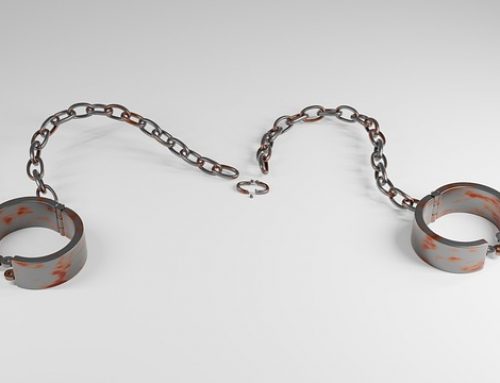When an automobile is taken without the owner’s permission, an individual will usually be charged with one of two crimes. The first, and likely the most well-known, is grand theft auto; the other is joyriding. Which charge someone is accused of will depend upon how long the suspect intended to keep the vehicle. Joyriding charges in California are usually pressed when someone steals a car to take it for a short ride. Grand theft auto, on the other hand, is charged with the suspect takes a vehicle with the intention of stealing it for good.
For example, say an individual needs to get from point A to point B and doesn’t feel like waiting for the bus. The neighbor is known to keep his car unlocked, so the suspect enters the vehicle and uses it for his travel purposes. The suspect then leaves the vehicle at his destination with no intention of keeping it any longer. In this scenario, it’s likely that joyriding charges would be pressed as opposed to grand theft auto. Even if the suspect brought the car back (or at least intended to), they are still likely to be charged with joyriding.
Joyriding is covered under California Vehicle Code 10851 VC, and is officially described as: taking someone’s car without their consent and when you took it, you intended to deprive the owner of possession for any period of time. The key here is the word any. Because that word is included in the definition of the crime, an individual can be charged with violating 10851 VC even if they took someone’s car (without the owner’s permission) and drove it around the block.
10851 VC, joyriding, is a “wobbler.” However, for most first-time offenders, the crime is charged at the level of a misdemeanor. The penalties for misdemeanor joyriding include up to one-year in county jail and/or a fine of up to $5,000. Just because the crime is usually charged as a misdemeanor doesn’t mean that it has to be. Depending on the circumstances involved, even a first-time offender can be facing felony charges. In cases like that, the penalties for felony joyriding include sixteen-months, two-years or three-years in county jail and/or a fine of up to $10,000.
In cases in which the vehicle that was stolen was an emergency vehicle on a call, a police/firefighter vehicle on a call, or a vehicle modified for the use of a disabled person (complete with special license plate and/or placard) the crime will always be charged as a felony.








Leave A Comment